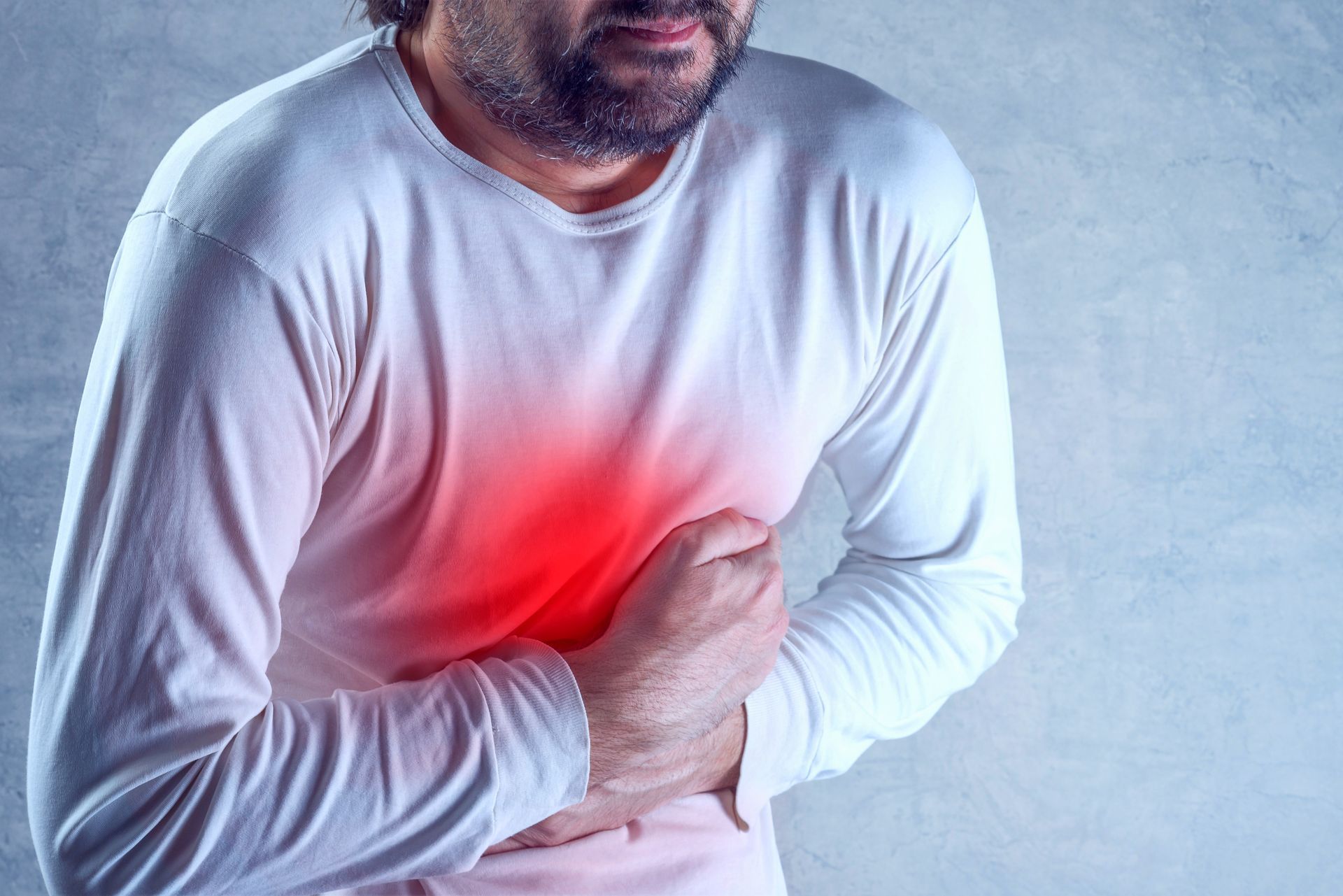INS LifeGuard
Gastro Outbreaks in Australia Hit 20-Year High and Expected to Surge This Summer

Gastroenteritis, commonly known as gastro, is posing significant public health challenges in Australia, reaching a 20-year high in cases during 2024. Health officials are scrambling to explain the surge, as cases of cryptosporidiosis and other infections continue to rise. The latest outbreak in Sydney in October resulted in over 2,700 emergency department visits in just one week, highlighting the severity of the issue.
National Overview
As of November 2024, there have been 13,166 reported cases of cryptosporidiosis nationwide, a substantial rise from 3,715 cases in 2023. Cryptosporidiosis is a parasitic infection resistant to certain types of chlorine, making it easily transmissible through contaminated water sources like swimming pools and water parks. Symptoms of cryptosporidiosis include nausea, sweating, vomiting, fever, and headaches. This increase has puzzled health officials, as the exact cause remains unidentified. Experts speculate that factors such as climate change, increased use of communal swimming facilities, and higher person-to-person interactions may contribute to this trend.
State-Specific Data
Queensland
Leading the nation, Queensland has reported 6,020 cases of cryptosporidiosis, surpassing New South Wales by 2,742 cases. The state's warmer climate and year-round swimming culture are potential factors in this surge.
New South Wales
NSW Health has issued public warnings due to a significant rise in gastroenteritis cases, with over 2,700 emergency department presentations in a single week. The increase is primarily driven by rotavirus and norovirus infections, which are particularly severe in young children and prevalent in communal settings like schools and aged care facilities.
Victoria
While specific numbers are not detailed, Victoria has experienced outbreaks leading to the temporary closure of pools and water parks, indicating a notable rise in gastroenteritis cases.
Northern Territory
Similar to Queensland, the Northern Territory has reported higher infection rates, though exact figures are not specified. The region's climate and lifestyle may contribute to the increased incidence.
Understanding the Spread of Gastro
Gastroenteritis is highly contagious and spreads through contact with infected bodily fluids or contaminated surfaces. It can also be transmitted through shared objects, contaminated food or drink, and airborne particles when someone vomits. Symptoms often include nausea, vomiting, diarrhoea, fever, abdominal pain, headache, and muscle aches, typically lasting one to two days, though recovery may take longer.
Advice for Prevention
Preventive measures are crucial for reducing the spread of gastroenteritis, especially in community and care settings. Below are key guidelines recommended by NSW Health:
Hand Hygiene
Wash hands thoroughly with soap and running water, especially after assisting someone with symptoms, and before preparing food. If soap and water are unavailable, alcohol-based hand sanitiser can be used, although it is less effective.
Cleaning and Disinfection
Clean contaminated surfaces with hot, soapy water, followed by disinfecting with a household disinfectant or bleach solution.
Isolation: Visitors to aged care facilities should avoid private toilets and wait 48 hours after symptoms subside before visiting.
Protective Gear: Wear gloves and a mask when cleaning up bodily fluids.
Immediate Cleaning
Remove and wash any contaminated clothing or linen with hot water and detergent.
Special Considerations for Vulnerable Populations
Seniors and those with weakened immune systems are at greater risk for severe illness. The primary treatment is rest and increased fluid intake, but urgent medical care may be needed for these vulnerable groups.
Conclusion
Australia’s surge in gastro cases, particularly cryptosporidiosis, poses a serious public health challenge. While experts continue to investigate the causes, it’s clear that maintaining hygiene practices and community vigilance are critical in preventing further spread. As health officials work to understand and address the epidemic, it remains essential for the public to take proactive steps to safeguard themselves and vulnerable populations. Simple preventive measures, awareness, and timely medical attention can mitigate the spread and impact of these outbreaks. By maintaining good hygiene, isolating symptomatic individuals, and following public health guidelines, communities can help protect themselves and vulnerable populations from this wave of gastroenteritis.
For comprehensive health support, including 24/7 access to TeleHealth services, turn to INS LifeGuard. As the only personal medical alarm service in Australia staffed by highly qualified nurses and healthcare professionals, we ensure you and your loved ones receive reliable support during health challenges.
Visit our website or
contact us today to learn more.

About
INS LifeGuard is the only 24/7 nurse on-call personal and medical monitoring in Australia. We provide monitoring technology for both in the home and on the go and can also monitor other provider's equipment. Our services are suitable for anyone wanting support to stay independent such as the elderly, those with medical conditions and disabilities plus enhancing safety and security for lone workers.
Related Articles

-
Visit our website here
I hope you enjoy reading this blog post
INS LifeGuard is the only nurse on-call personal and medical alarm service in Australia. If you would like more information about INS LifeGuards solutions, visit our website here.
I hope you enjoy reading this blog post.
INS LifeGuard is the only nurse on-call personal and medical alarm service in Australia. If you would like more information about INS LifeGuards solutions, visit our website
here.

INS LifeGuard is the only nurse on-call personal emergency response service in Australia. We have a commitment to healthcare innovation which includes personal alarms and medical alert solutions that make independence easier, safer and more enjoyable.
Our services support Seniors, Carers, Providers, NDIS Participants, Retirement Villages, DVA, Lone Workers and anyone that wants the security that help is a press of a button away.
LATEST POSTS
PO Box 485 Unanderra NSW 2526 Australia
INS LifeGuard
International Enquiries
INS CareCall supplies and monitors emergency response equipment and services, including hardware manufactured by Chiptech, Smart-Caller, SmartLink, and the LifeGuard L-Series Diallers.
Monitoring of alarms is provided through INS LifeGuard's unique Emergency Response Centre, which is the only personal alarm response centre staffed by qualified nurses. This is an important distinction.
Quicklinks
Supporting
PO Box 485 Unanderra NSW 2526 Australia
INS LifeGuard
International Enquiries












